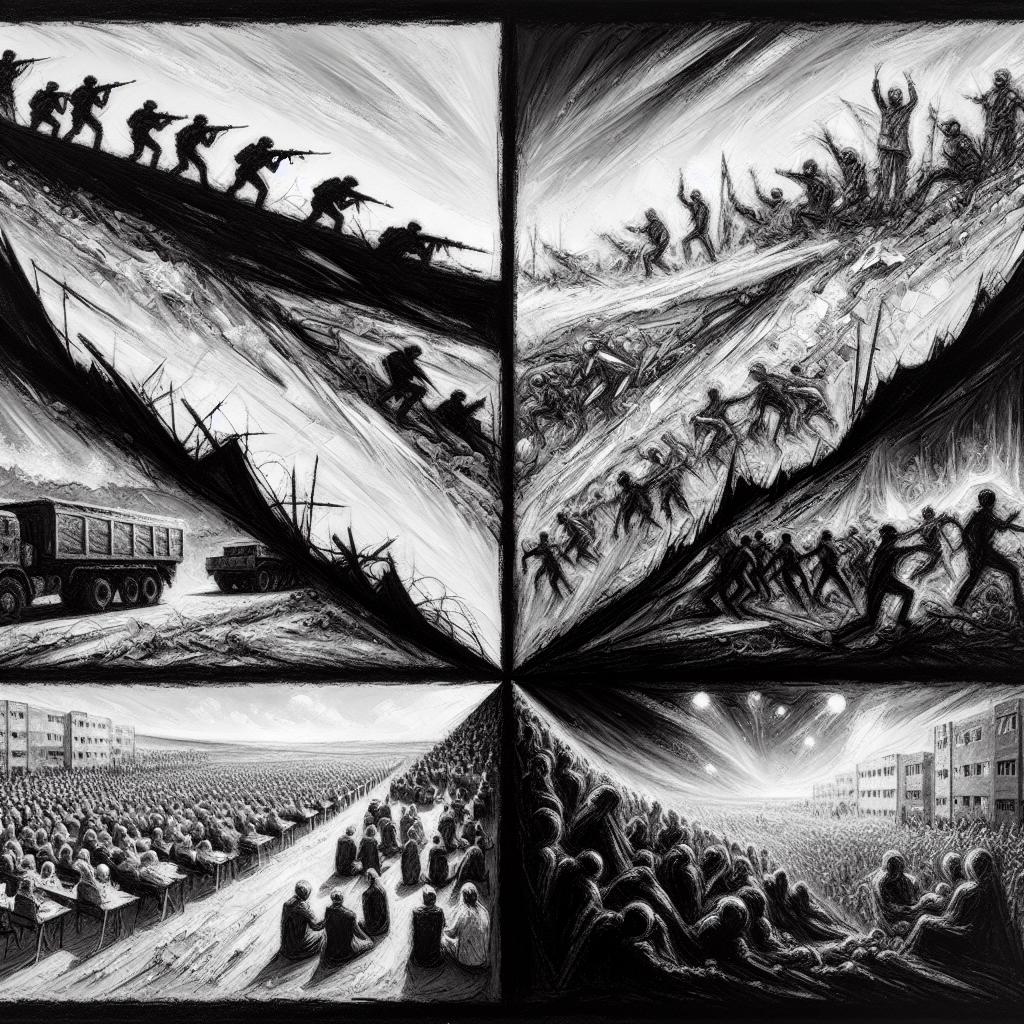The Israeli military has tightened its grip on the Gaza Strip, now controlling the Philadelphi Corridor along the border with Egypt, in a move that risks straining relations with Cairo. This strategic seizure comes amid ongoing Israeli airstrikes in Rafah, which have resulted in the deaths of 12 Palestinians, adding to the toll of over 36,000 Palestinian fatalities since the conflict’s inception. The recent ‘tent massacre’ in a designated safe zone in Rafah, which claimed 45 lives, has sparked widespread international outrage. In response to the escalating humanitarian crisis, Hamas has proposed a comprehensive ceasefire agreement contingent on the cessation of Israeli attacks, including a prisoners’ exchange . However, despite the International Court of Justice’s order to halt military operations, Israel has intensified its offensive, claiming to have dismantled Hamas’s capabilities by targeting 50 locations across Gaza, including Zeitoun and Jabalia. The Egyptian president has called for increased humanitarian aid and has advocated for an international peace conference to address the conflict, while the US President Joe Biden has stated the US will withhold weapon supplies to Israel if its army enters Rafah. The United Nations and various NGOs warn of a risk of famine in the besieged territory, as aid deliveries slow to a trickle, and mobile services in Rafah have been disrupted due to the ongoing military actions.
Key points
- Israel has taken strategic control of the Philadelphi Corridor bordering Egypt, intensifying its military campaign in Gaza.
- Hamas has offered to negotiate a ceasefire with Israel, including a prisoner exchange, if Israel stops its attacks on Gaza.
- The conflict has resulted in over 36,000 Palestinian deaths and widespread malnutrition, with the UN warning of a potential famine in Gaza.
- International experts and the international community have called for sanctions and an arms embargo against Israel.


